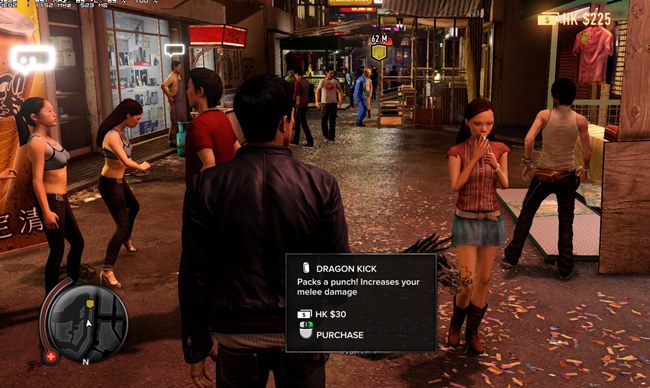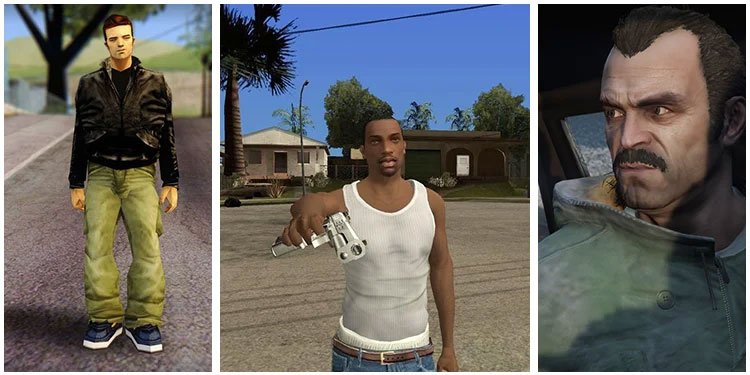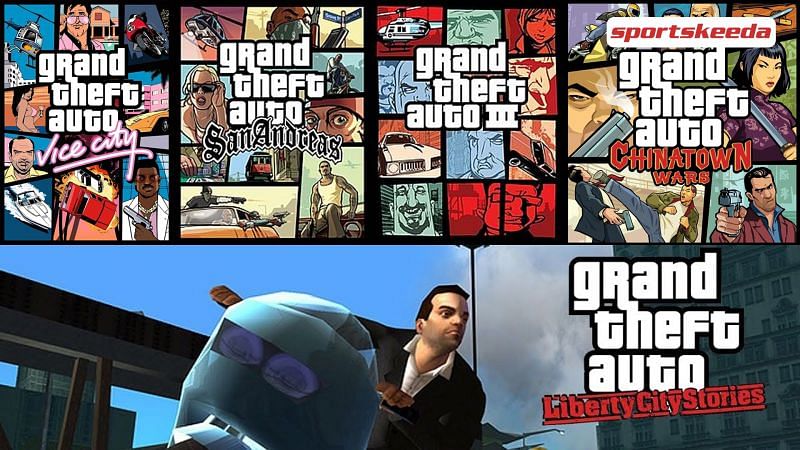

The book channels that spirit, with pieces that seem to build bits of video game right into the page – take Jasmine Dreame Wagner's My Avatar, a kind of making-of video in verse, interspersed with empty rectangles that could be unloaded screenshots or character creation fields for the reader. This isn't just nostalgia for pre-Internet gaming, however: Kent suggests that this was the era in which developers were still "getting to grips with what video games can achieve".

Maria Picone's Four Lists From King's Quest V, for example, takes the form of an inventory of cultural artefacts and abuses – "some items: pimp cloak, / rotting fish (probably cultural) / heart-shaped golden heart, custard pie".Īs Kent explains, the anthology is tilted towards games from the '80s and '90s, an age "when the video game was within the household, within a physical thing, and if you wanted to play with someone they needed to be right next to you". No one knowing." Others are more experimental, taking compositional cues from the design of the games they describe. I can be the boy I've been threatening / to be.

Some poems are key-like in their compactness: consider Mark Ward's curt distillation of The Legend Of Zelda: Link's Awakening – "Princeless, a blow-in. It covers a wide spectrum of themes and approaches: from more familiar, 'lyric' pieces about childhoods spent in front of an N64 to 'visual' or 'concrete' verse that blurs the line between word and image. This article first featured in Edge Magazine – check out subscription options at Magazines DirectĪvailable in Pokémon-style duelling editions, each with a different running order and version-exclusive pieces from Haigh and Broken Sleep founder Aaron Kent, Hit Points is an attempt to set the record straight.


 0 kommentar(er)
0 kommentar(er)
